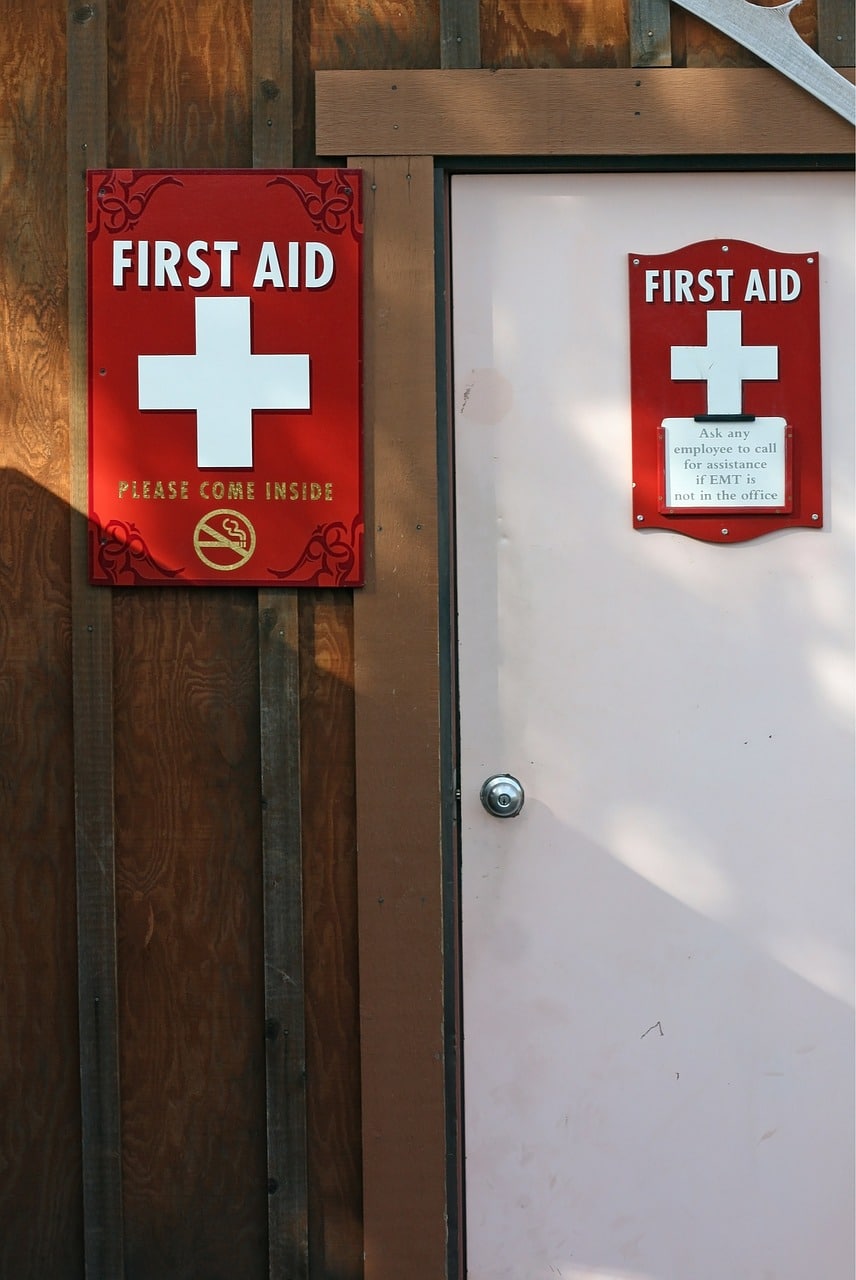As traditional industries like manufacturing have gradually faded into the sunset, new industries have taken their place. Technology is the dominant industry today. As such, there are lots of tech businesses popping up all over the UK. From blockchain to mobile app development, tech companies of all sizes are doing quite well.
An exciting thing about tech companies is that they thrive in the office environment. It is an environment that lends itself very well to forgetting about workplace safety. After all, it’s reasonable to think of an environment like a busy manufacturing center as being potentially dangerous. But how many of us think of danger in the context of an office?
Truth be told, hidden dangers are everywhere. Even tech companies have to be mindful that accidents and illnesses can occur in the workplace. A safety-first mindset is as crucial for the tech industry as it is any other. In light of all that, here are five safety investments every tech company should consider.
IMAGE: PIXABAY
1. In-House Defibrillators
A defibrillator is an electronic device that delivers electrical impulses to the heart of a patient suffering cardiac arrest. In the old days, defibrillators were complex devices that required formal training to use. That is no longer the case. Today, automatic emergency defibrillators (AEDs) are the norm. Anyone who can read instructions can use one. An AED does not require formal training.
Investing in defibrillators is one of the easiest and most cost-effective things company owners can do. Every office should have at least one defibrillator in-house. Larger offices with multiple floors and workspaces should invest in multiple defibrillators. Company owners can go online in search of the best defibrillators to buy based on the size and makeup of their offices.
2. First-Aid Kits
Hand-in-hand with defibrillators are first-aid kits. Even setting the defibrillator question aside, there really is no valid reason to not have first-aid supplies in the office. They are inexpensive and easy to obtain. They are also fairly easy to use. Why would any company operate an office without at least a basic first-aid kit?
3. Ergonomic Furniture And Equipment
Health and safety risks in an office environment differ from those you might find in a manufacturing or industrial environment. They are real, nonetheless. For example, it is relatively common for office workers who spend a lot of time on the computer to eventually suffer from carpal tunnel syndrome.
Carpal tunnel syndrome is painful and sometimes debilitating. It can be prevented through a combination of employee training (more on that in a minute) and ergonomic office furniture that positions staff members the right way in relation to their computer screens and keyboards.
Ergonomic office furniture can also prevent back injuries, sciatica, and other painful conditions resulting from sitting for too long. Companies can invest in ergonomic chairs for the boardroom, ergonomic desks, and so forth.
4. Employee Training
Training goes a long way toward preventing workplace injuries of all types. Getting back to the problem of carpal tunnel syndrome, employees can be adequately trained to position themselves at their desks. They can also be trained in when to know that it’s time to take a break and give the arms and wrists a rest.
They can be trained in proper typing techniques that limit straining the hands and wrists. Elsewhere in the office, different training can help. For example, training employees to lift heavy boxes using their knees rather than their backs can prevent back injuries. We could continue discussing even more training suggestions, but you should get the point by now.
5. Employee Drills
Unfortunately, this final safety investment is the result of living in an increasingly dangerous world. It is an investment in safety drills. In the simplest possible terms, it is important that company owners come up with plans to deal with new types of emergencies – like a terrorist attack.
With plans in place, employees should be put through drills as a way of making them familiar with procedures and policies. Unfortunately, office environments are some of the most vulnerable to these sorts of new emergencies.
Office environments tend to house large numbers of people doing work that prevents them from looking around and paying attention to their surroundings. Fortunately, training can go a long way in an emergency situation. Just knowing what to do and how to do it reduces the risk of panic that could otherwise lead to more significant problems.
In Summary
Wrapping all of this up is a matter of reminding you that even office environments can be dangerous places. Today’s high-tech companies owe it to their employees to invest in appropriate safety measures to guarantee the office environment is as safe as can be. Though it is impossible to maintain a perfectly safe environment, we ought to do as much as we can.
If you are interested in even more business-related articles and information from us here at Bit Rebels, then we have a lot to choose from.


COMMENTS